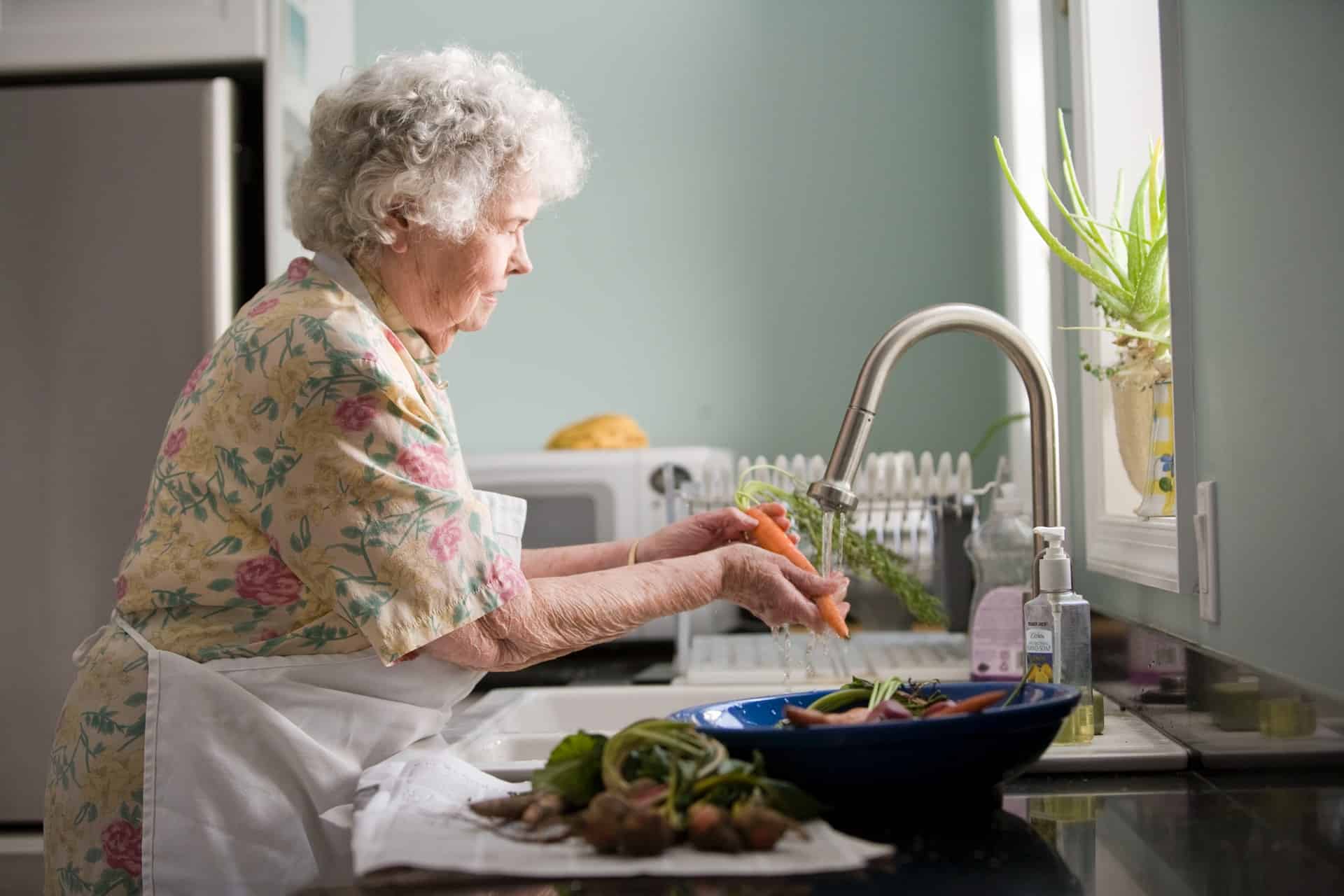
Daily diet should meet several key factors, the fact that it is tasty is just an add-on. The main tasks are to provide the right amount of calories and to fill the body’s nutritional requirements.
It is very often emphasized that at a certain age it is necessary to take care of health, including nutrition. Of course – you should pay attention to what you eat, at every stage of your life. However, it is hard to deny that people experienced by time especially should be careful about their diet.
Their body is no longer as efficient as it once was. Therefore, the use of a proper diet will allow you to keep an eye on your weight, among other things, and this will translate into protection against some of the diseases: hypertension, diabetes or heart problems.
The caloric demand of your body is affected by many factors, first of all: height, physical activity, but also – age, which almost directly affects the rest of the components. All this leads to a situation where you may have a lower caloric requirement, but your diet balance should include an increased intake of protein.
The body is governed by its own laws. Everyone must take into account his or her individual health, physical and mental situation when arranging a menu. Things to consider first and foremost are:
We have already noted that age directly affects your diet. Now it’s worth considering what kinds of things are commonly considered beneficial for people who have experienced a bit of life.
First of all, you should focus on nutrient-rich meals that at the same time have fewer calories. In this case, you should give up so-called fast food, but also fried dishes, as well as some baked ones. It is worth switching from fatty meat to lean meat. Bet more on vegetables and fruits (while remembering that the amount of fruit should also not exceed a certain daily dose).
Another consideration will be whole grain products, these include:
Try to eliminate excess fat from your diet: switch to low-fat cheeses, milks, etc., you can try soy or rice milk, which sometimes have extra content of certain vitamins such as D and calcium. It will also be a good idea to save sweets or baked goods for your grandchildren, and the same goes for chips, sweetened and carbonated drinks, and dishes prepared with fats, especially lard, margarine and oil.
What is sure to have a positive effect on your health is physical activity, which stimulates appetite and improves fitness. Drink water regularly, especially pure, unprocessed water. And speaking of all-natural things, seafood, eggs, beans, nuts and seeds of all kinds are highly recommended.
As we have noted, caloric requirements are affected by many factors. Therefore, determining, tailored to each senior, the daily caloric requirement is a very difficult undertaking. However, it is usually assumed that for women it is roughly 1700-1800 calories per day, while for men it is 1900-2000.
main photo: unsplash.com/CDC